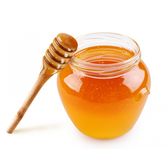
Natural Honey

브라질
|
게시자 Isis
|
최신 업데이트 날짜 2021년 5월 4일
최신 오퍼
단가
2.23 /
오퍼 수량
5000
원산지
브라질 / -
결제 조건
TT
비고
50% upfront and 50% by delivery. Negotiable, depending on volume.
포장 형태
인코텀스
상세 정보
Conventional
Liquid
Raw
Drums or Barrel
Golden. Brown
설명
The company’s ultimate goal is to become the Latin America leader in offering Honey and other bee products solutions to industrial and commercial clients in Brazil and abroad. The company is a family business company with experience of 35+ years. The company stands out for being located in the biggest city of the Southern Hemisphere – Sao Paulo. The business model genuinely cares about their client’s business, needs and satisfaction. Main clients the company interacts with are the food industries, wholesalers, retailers, airline hotels, and restaurants. They have experience exporting to Germany, Canada, USA, Philippines and China. They further want to expand their exports to Japan, South Korea, Europe and Latin America because of business style and transparency of ethics.
요약 정보
Management:
Family business and experience of 35+ years
Location:
Southern Hemisphere – Sao Paulo
Customers:
Food industries, wholesalers, retailers, airlines, hotels and restaurants
Experience in exporting:
Germany, Canada, USA, Philippines, and China
Looking for expansion:
Japan, South Korea, Europe, and Latin America
사진 및 동영상
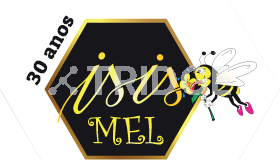
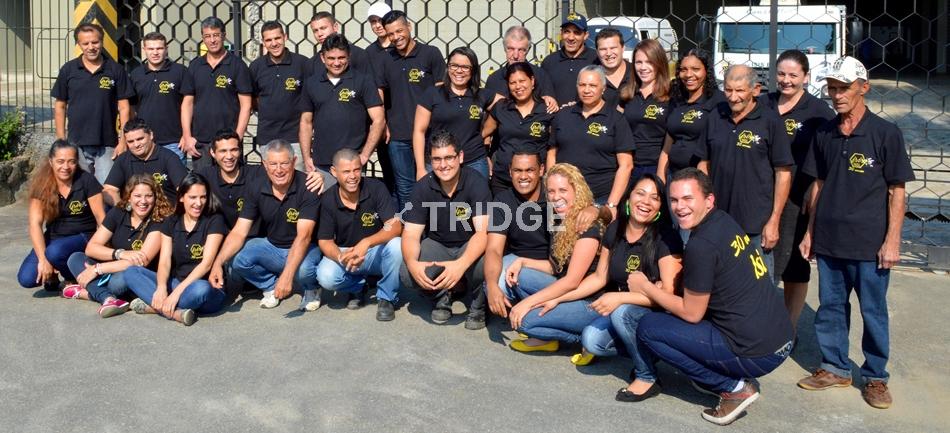
설명
The storage facilities are along with processing facilities in Embu-Guaçu and Vargem Grande Paulista. The storage area has a capacity to store 20 MT of honey which is of export quality and ready for sales at all times. Honey for export is stored in food-grade steel containers whereas honey which is ready for retail is stored in a fractionated setting. Recently, bag-in-box packages and the no-leak caps for squeeze bottles have been introduced to make the storage more efficient. The product is ready for shipment in 2 days after all paperwork is finished. Large quantities may take up to 2-3 weeks of production time depending on the product. The most common shipping method is marine shipping and the nearest is the Port of Santos which is 97 km away from the facilities.
요약 정보
Storage Capacity:
20 metric tons
Storage way:
Export is stored in food-grade steel containers, retail stored in a fractionated setting
Shipment:
In 2 days after all paperwork is finished, larger shipments require more time
Preferred method of shipment:
Marine shipping (Port of Santos)
사진 및 동영상
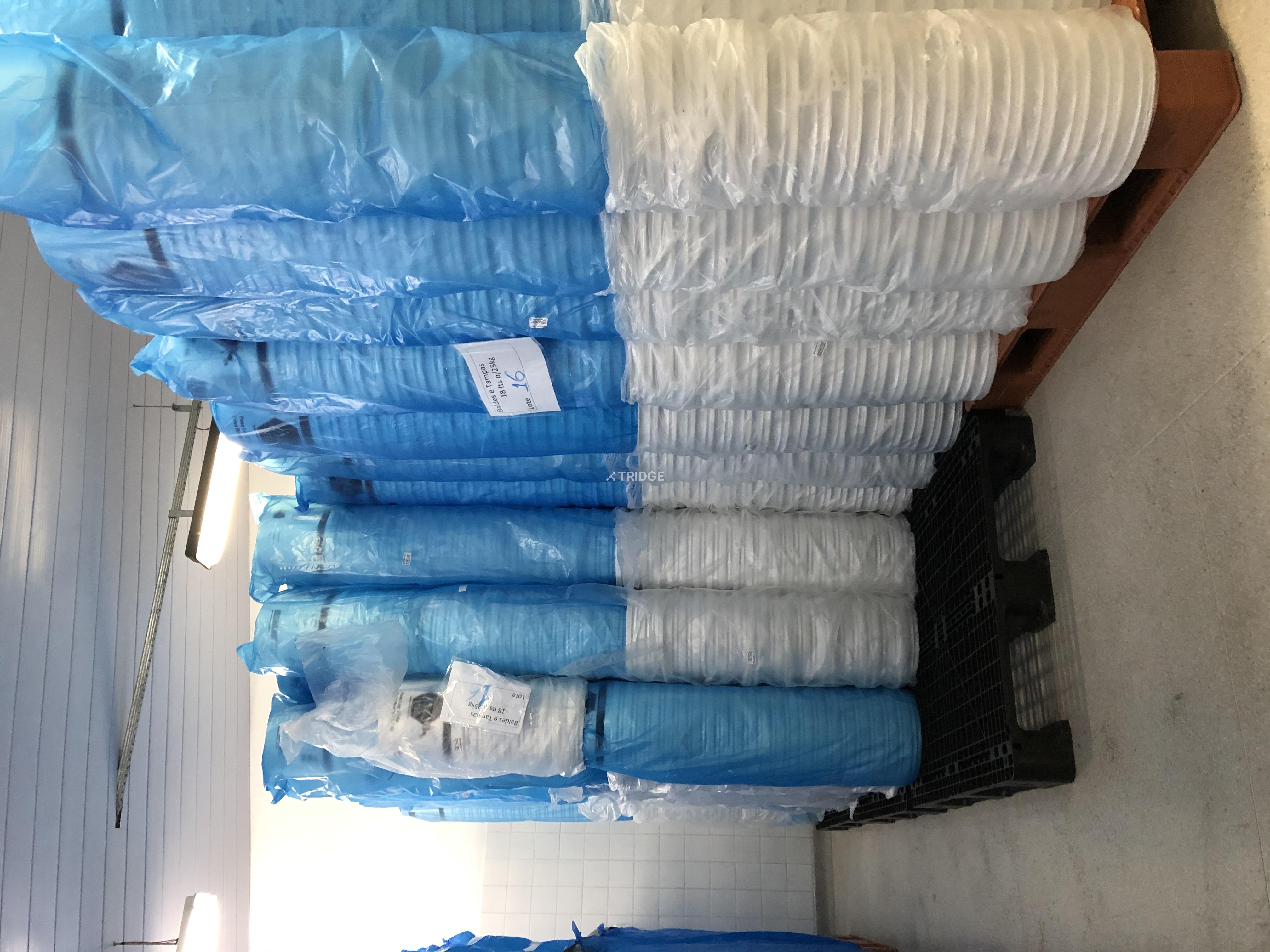
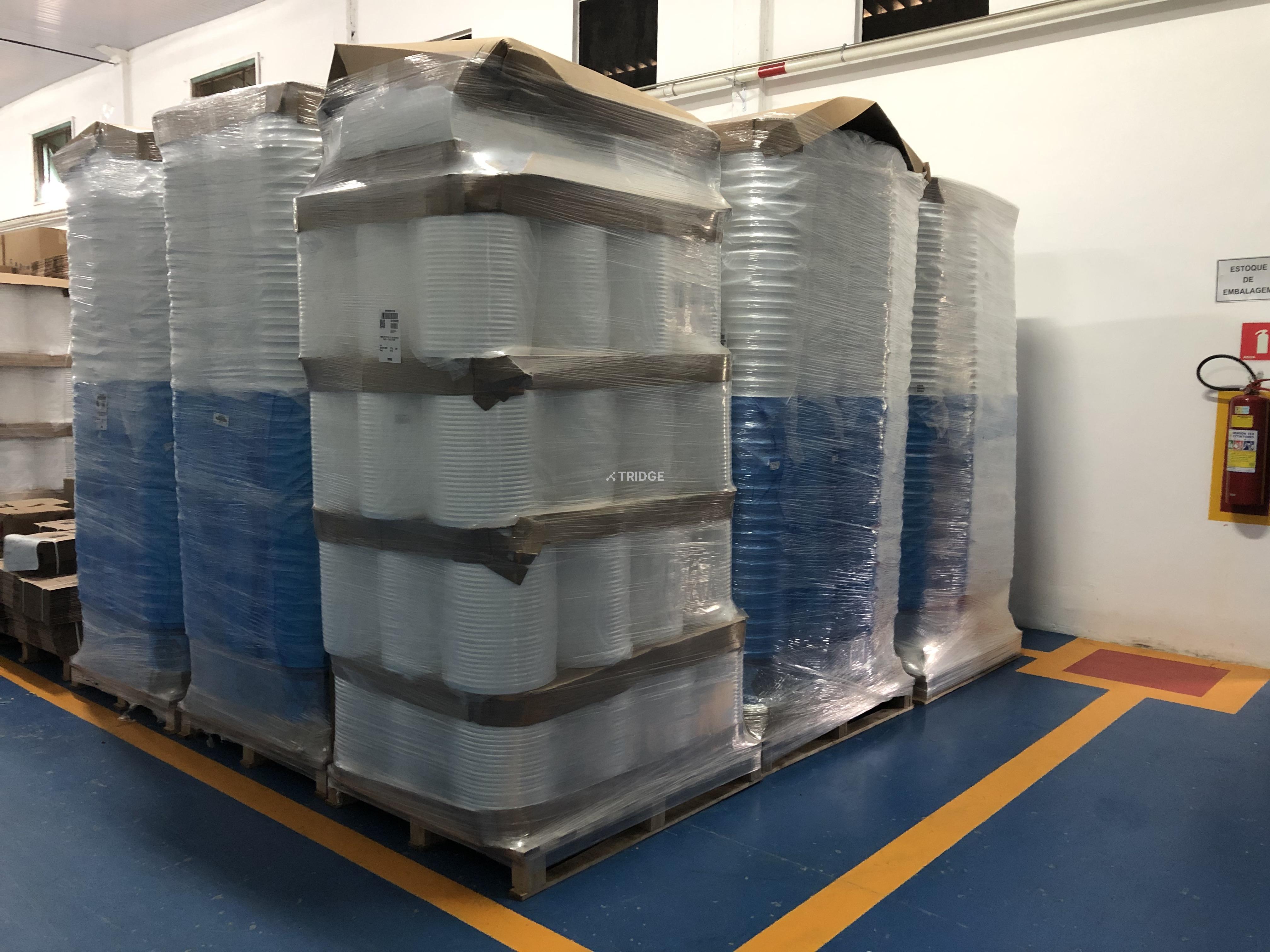
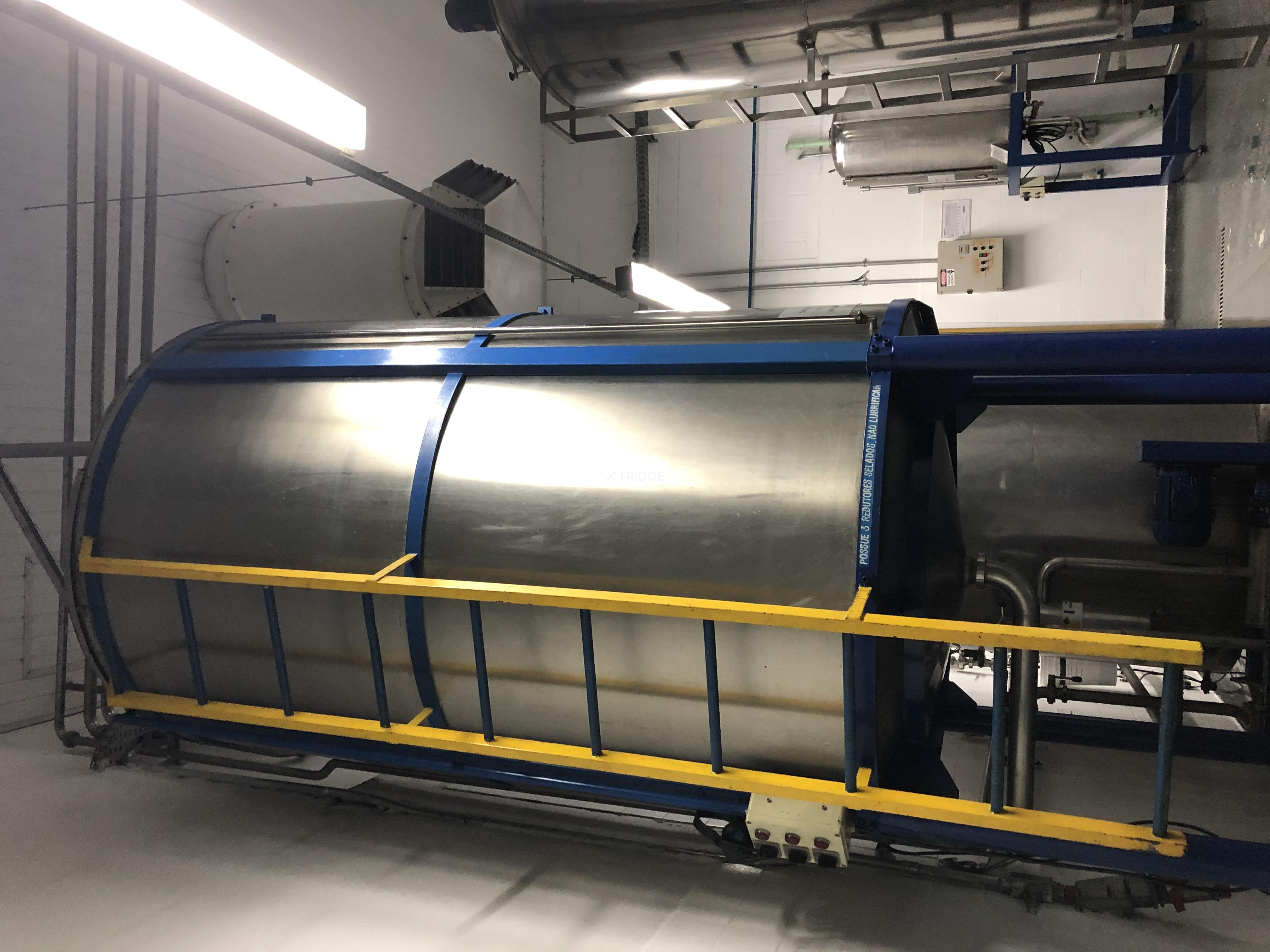
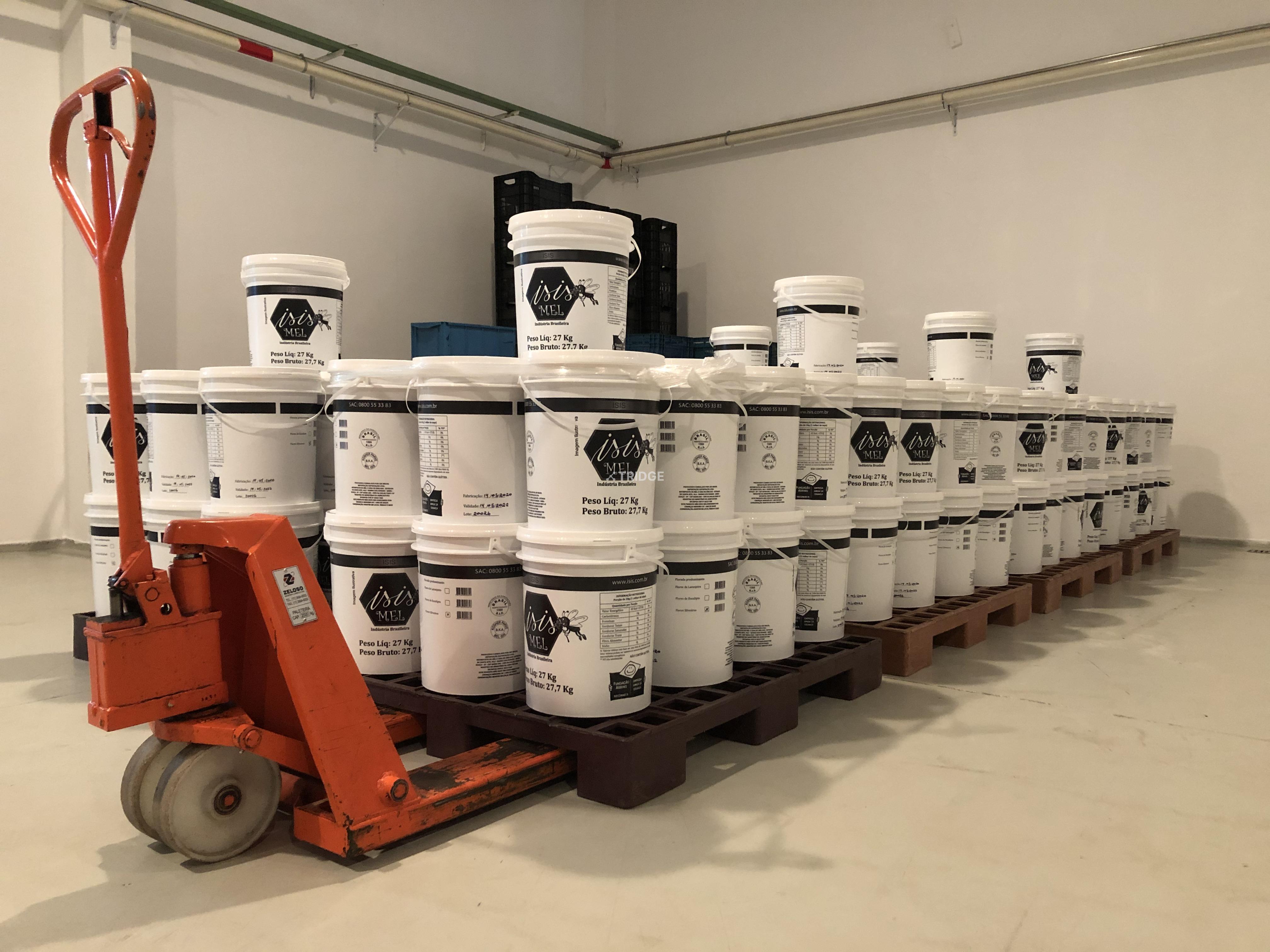
설명
On harvest, the honeycombs are delicately removed and placed in clean containers. As they arrive on the processing plant the honey is heat-treated and filtered. All entrances of the processing plants are sealed and have separate washing areas for the employees to sanitise themselves before entering into the plants. The characteristics of quality of honey that are checked are the purity, humidity, colour, taste, odour and botanical origin. The standards set by the state are set by the Federal Inspection Secretary of Brazil and they are the strictest government-mandated regulators in Brazil. The company is certified with GMP, HACCP, Brazilian Federal Inspection Agency (S.I.F.) and ISO 22000 (in the process), Kosher, Fundação Abring and Bureau Veritas. The company is also a member of the Brazilian-Canadian Chamber of Commerce.
요약 정보
Processing plants precautions:
Entrances of the processing plants are sealed
Sanitation:
Separate washing areas in the processing plants
Quality Indicators:
Purity, humidity, colour, taste, odour and botanical origin
Certifications with company:
GMP, HACCP, Brazilian Federal Inspection Agency (S.I.F.) and ISO 22000 (in the process), Kosher, Fundação Abring and Bureau Veritas
사진 및 동영상
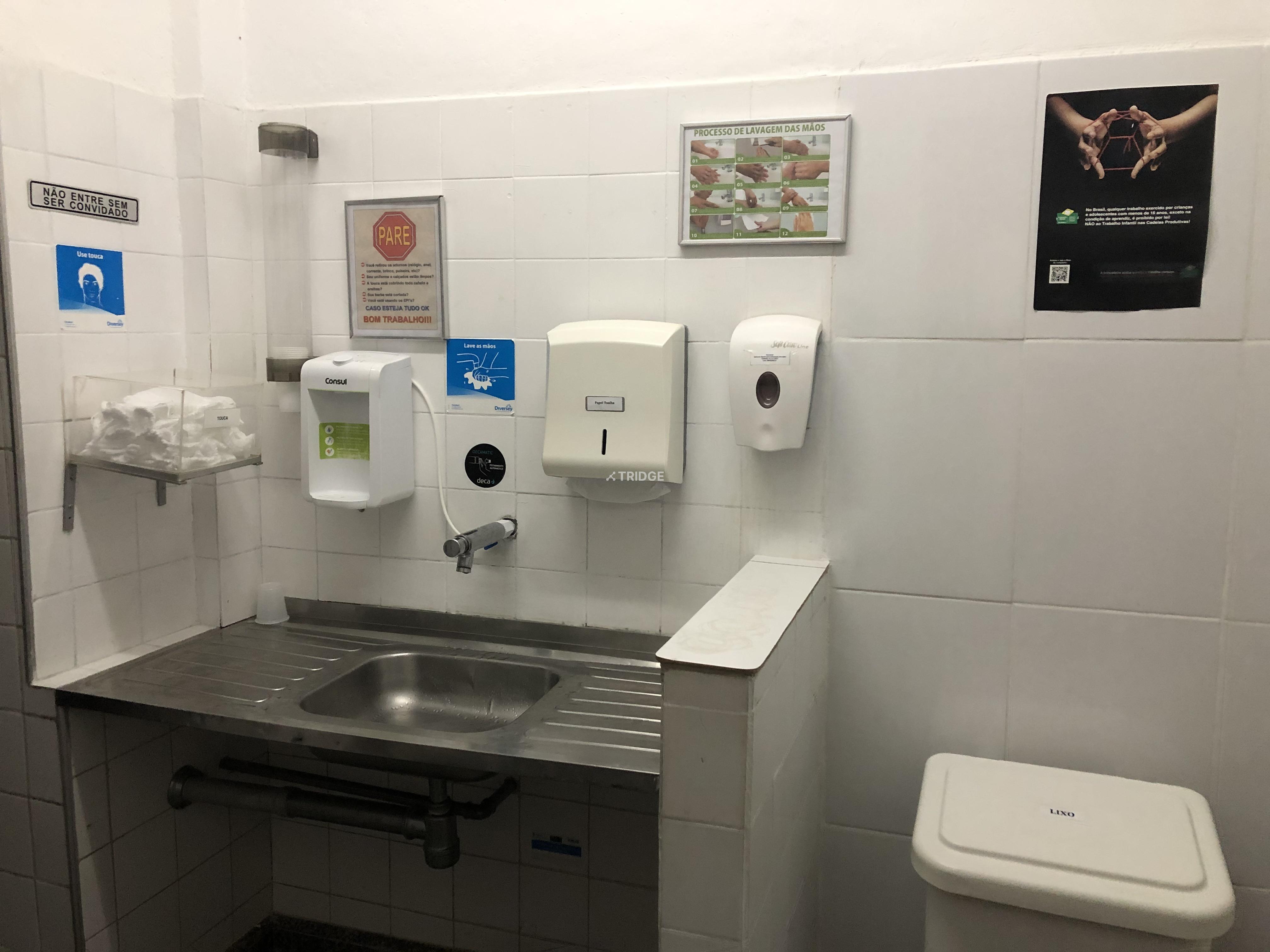

설명
The processing plant area is 2800 square meters in size and is divided into two production facilities:
1. Embu-Guaçu-Sao Paulo
2. Vargem Grande Paulista – Sao Paulo.
The total production of honey in 2019 was approximately 214 MT. The cultivation method for conventional honey: the honeybees collect nectar from natural Brazilian woodlands and plantations. For the organic honey, the honeybees are placed inside strictly organic agricultural areas. The harvest period of honey is between January to March and again between September to October. The processing for honey follows several steps, filtering, controlled heating, pasteurization (when required) and laboratory analysis in all batches. Excessive or insufficient precipitation can have deleterious effects on honey harvesting. There are more than dozens of workers involved in the making of the honey produced.
1. Embu-Guaçu-Sao Paulo
2. Vargem Grande Paulista – Sao Paulo.
The total production of honey in 2019 was approximately 214 MT. The cultivation method for conventional honey: the honeybees collect nectar from natural Brazilian woodlands and plantations. For the organic honey, the honeybees are placed inside strictly organic agricultural areas. The harvest period of honey is between January to March and again between September to October. The processing for honey follows several steps, filtering, controlled heating, pasteurization (when required) and laboratory analysis in all batches. Excessive or insufficient precipitation can have deleterious effects on honey harvesting. There are more than dozens of workers involved in the making of the honey produced.
요약 정보
Plant Area:
2800 square meters
Production:
214 metric tons
Harvest:
January to March, September to October
Processing steps:
Filtering, controlled heating, pasteurization (when required) and laboratory analysis
사진 및 동영상
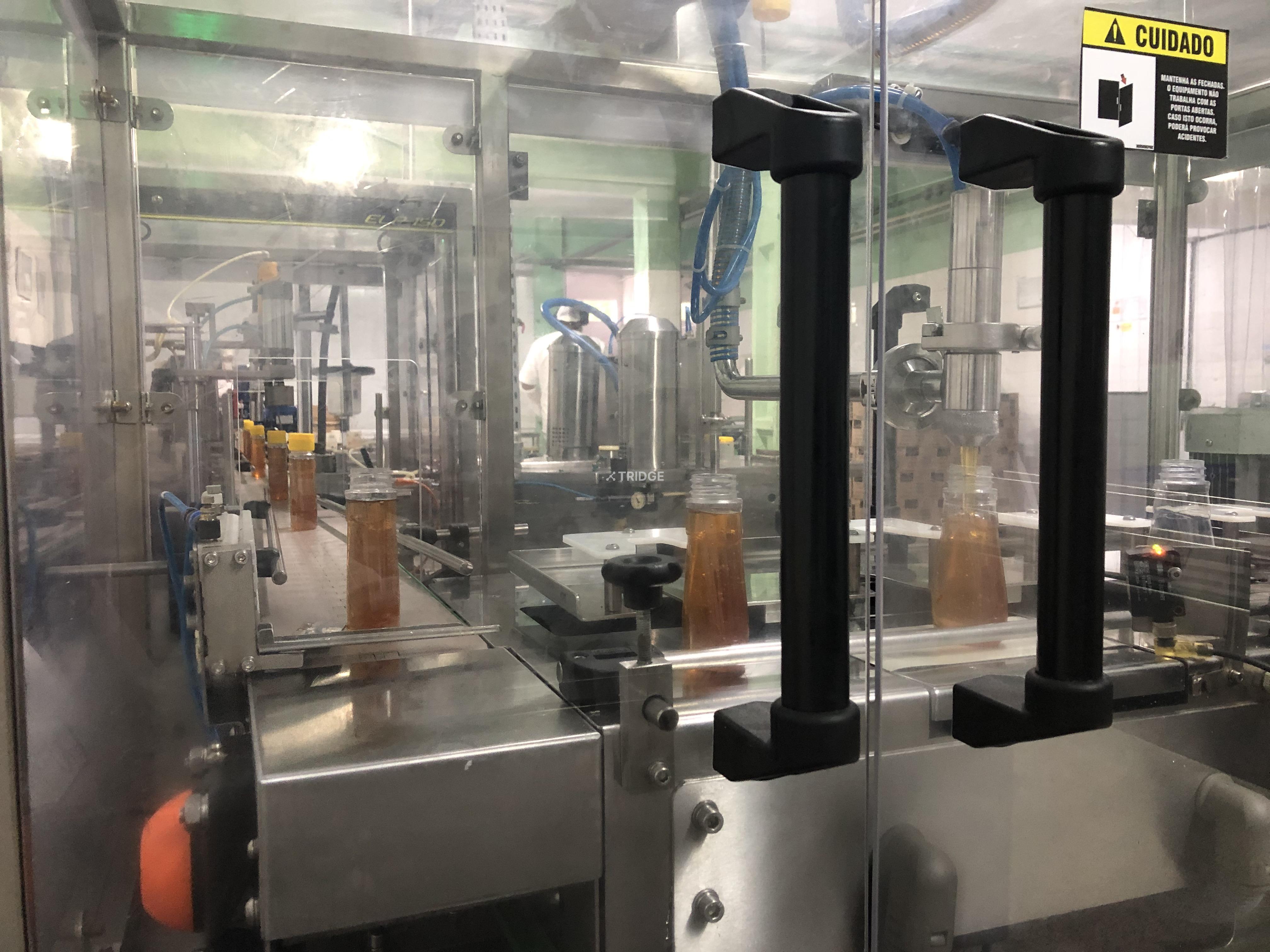
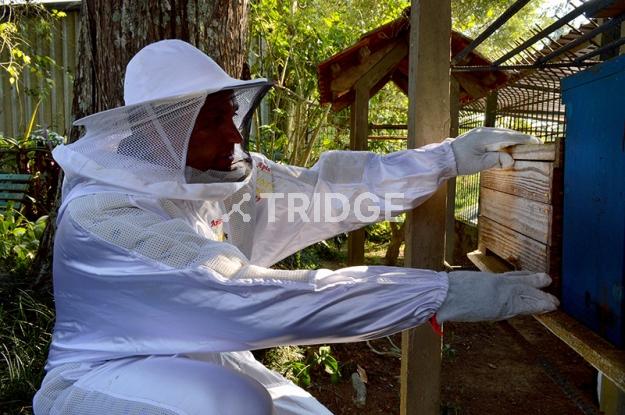
설명
The company offers natural honey. It can be categorized as monofloral (orange blossom honey, eucalyptus honey, or Brazilian exotic varieties), multi-floral honey, or organic honey. The colour can vary from light to very dark depending on the source of the honey. The packaging offered differs from 15g sachets to 280 kg metallic drums. The taste ranges from light sweetness (eucalyptus honey) to very sweet and citric (orange blossom honey). Both conventional and organic methods are used for production. The product is ready for consumption, fractioning, retail as well as an industrial ingredient. There is a strict in-house laboratory for analysis, along with competitive prices, huge varieties of honey, quick services, and 35+ years of experience in producing and processing honey. The product validity from yield is at least 2 years. The demand for propolis is surging during the COVID19 outbreak due to its antiviral and immunomodulatory properties. Samples are also available upon request.
요약 정보
Categories of honey:
Monofloral, multi-floral, and organic
Colour:
Light to very dark
Taste:
Light sweetness to very sweet and citric
Packaging:
15 g sachets to 280 kg of metallic drums
Advantages:
Strict inhouse laboratory analyses, competitive prices, varieties of honey, quick services, and 35+ years of experience
Last market trend:
Propolis (antiviral and immunomodulatory properties)
사진 및 동영상
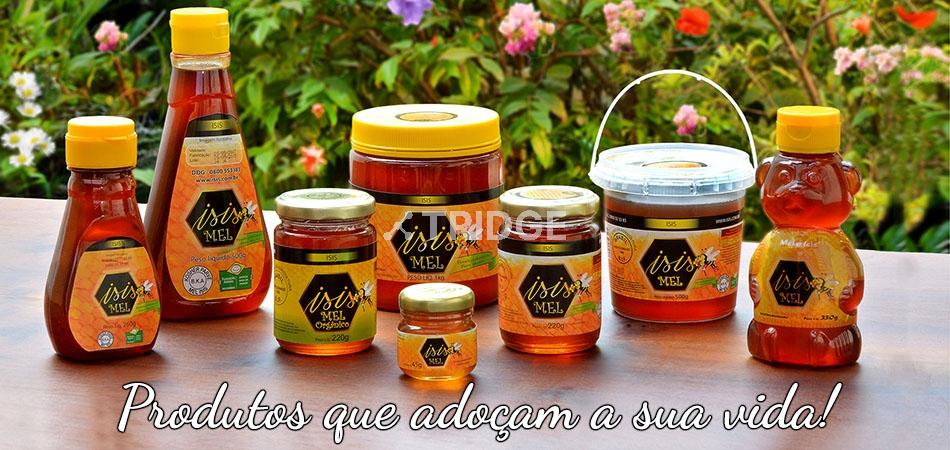

'쿠키 허용'을 클릭하면 통계 및 개인 선호도 산출을 위한 쿠키 제공에 동의하게 됩니다.
개인정보 보호정책에서 쿠키에 대한 자세한 내용을 확인할 수 있습니다.